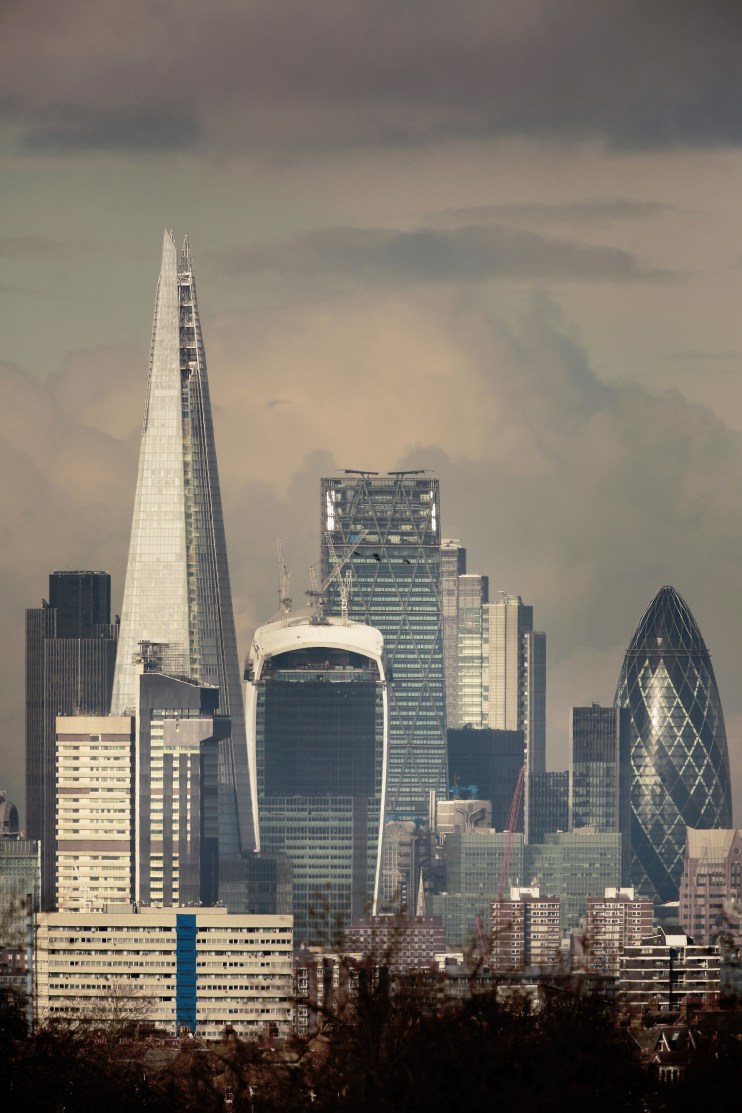New poll finds Brits turn away from city life as attraction wanes

There could be a dramatic shift in working life as cities become less attractive to Britons, a new poll has found.
In an online survey by Ipsos Mori, 44 per cent of Britons say they expect cities to become less attractive places to live in the next few years. Just 19 per cent say their draw will increase, in an indication that the pandemic is accelerating a swing away from big cities.
The proportion of people who would prefer to live in a big city has decreased from 28 per cent in 2018, to just 22 per cent now.
There is, perhaps unsurprisingly, a split in opinion based on age as younger generations expect the appeal of cities to grow. A third of 18-34 year olds anticipate this for both living (33 per cent) and working (32 per cent). This compares to just 7 per cent of 35-54 year olds who think cities are attractive places to live in, and 15 per cent to work in.
As working from home rises up the agenda due to the coronavirus pandemic, these views have only become more entrenched. A third of Brits anticipate an increase in how often they work remotely in the next year, while 12 per cent expect a decrease. Additionally, three in five expect that better technology will mean there’s less of a reason to travel into work in the future.
Ipsos Mori’s survey finds that this will have a knock on effect on local economies, as 28 per cent of respondents say they will turn to local shops instead of supermarkets. That said, 54 per cent expect to see no change in 12 months’ time as a result of the outbreak.
Commenting on the survey findings, research director Ben Marshall said:
“Relative to citizens of other countries, the British have tended to be cooler on the idea of city life, and our survey suggests many more expect them to get worse than better over the next few years as places to live and work.”
“As well as long-term factors such as declining air quality, congestion and housing affordability, there are likely to be some short-term concerns at play; in April we found people expecting city-dwellers to be to hit harder by Coronavirus than those in rural areas.”